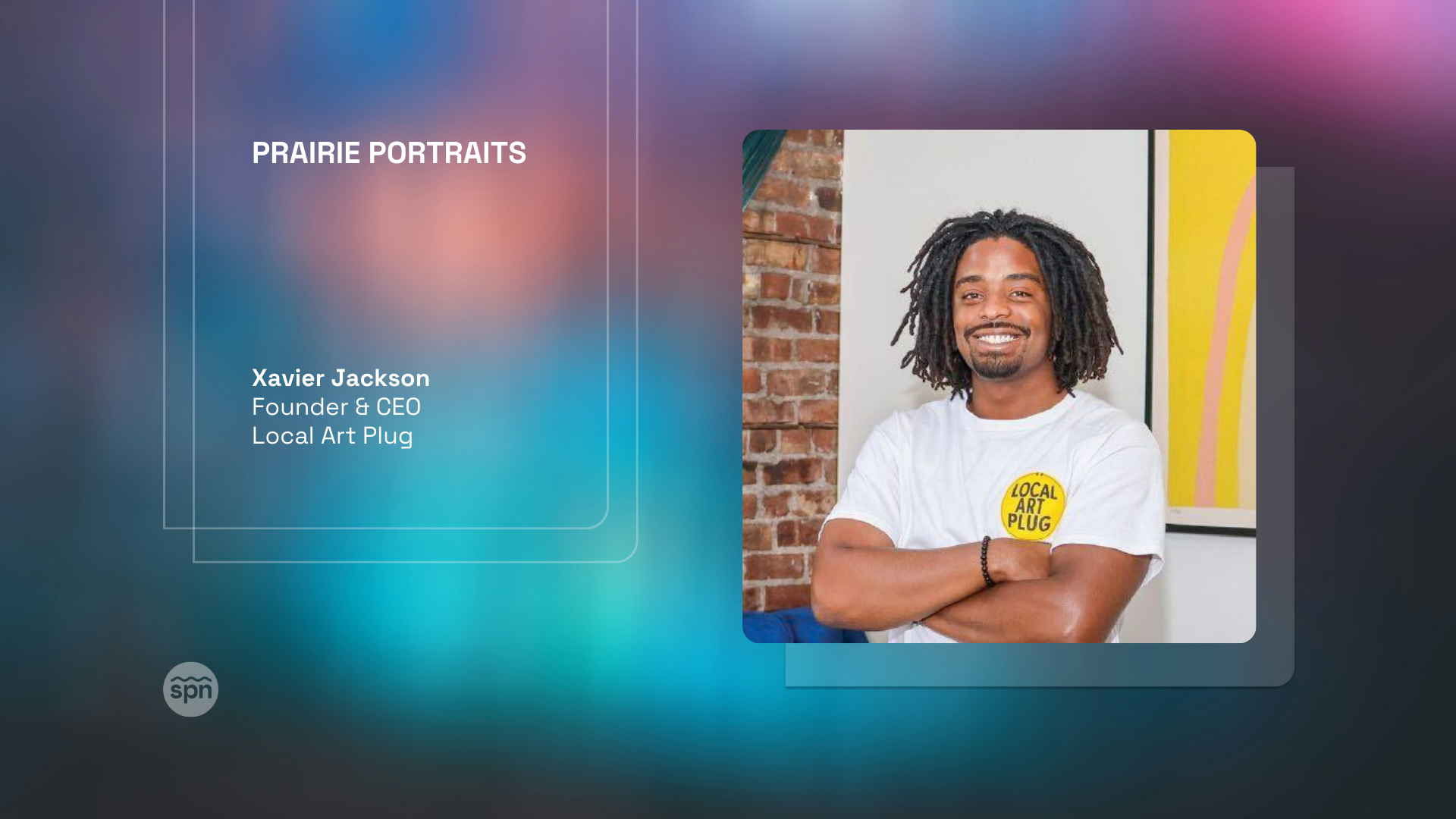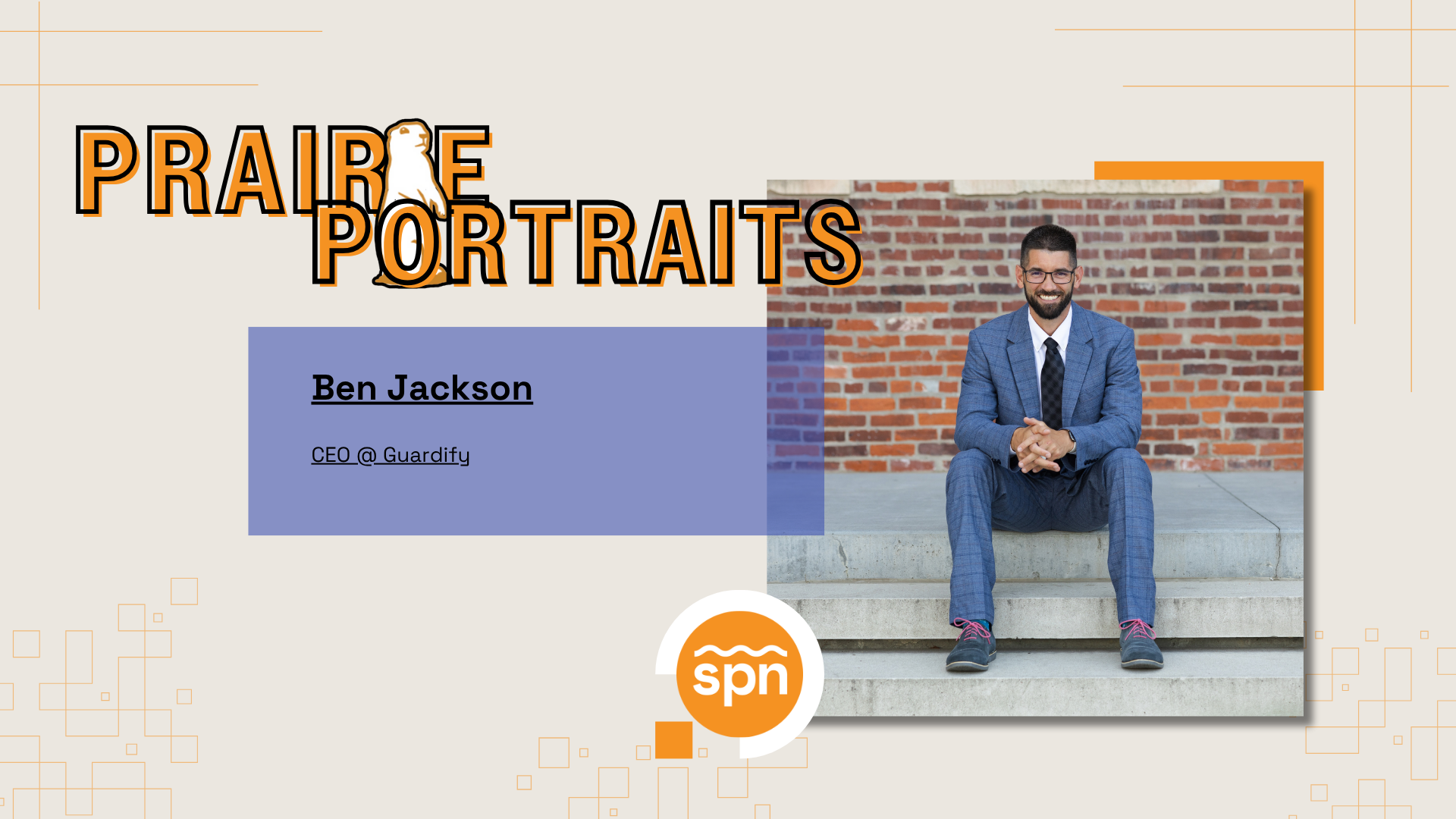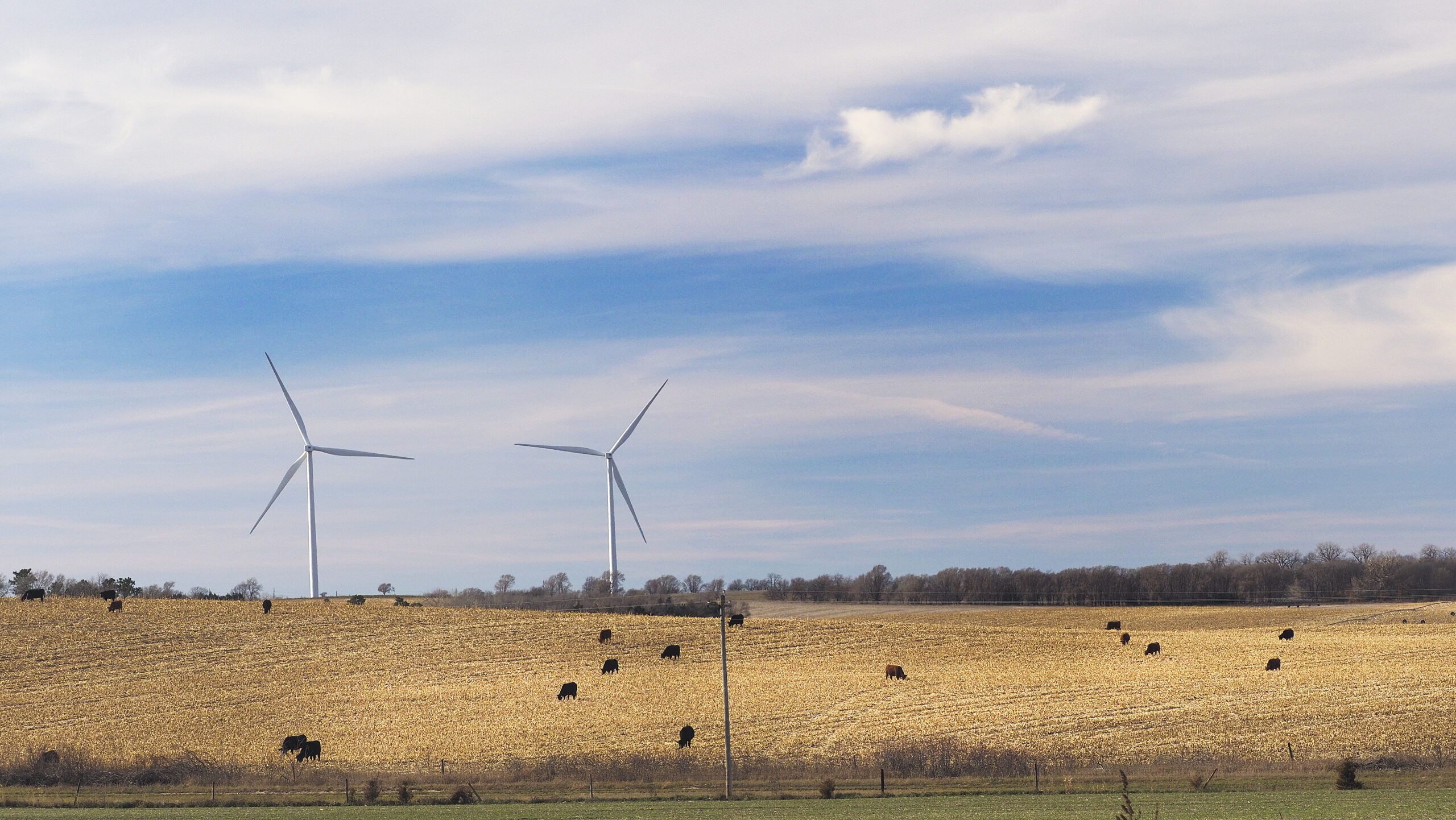Meet Xavier Jackson, Founder & CEO @ Local Art Plug
How would you describe the startup culture in Nebraska?
Currently, I would describe the startup scene in Nebraska as accessible, pretty open (for the most part), growing and definitely thriving. There are lots of opportunities for entrepreneurs to be able to grow their businesses, connect with funders and even connect with mentors or even just peers. More so now than when I started. There are lots of recurring events and even larger events, like Silicon Prairie Startup Week. I think initiatives like that are great to have.
In the past, we had Big Omaha, which was like a big South by Southwest thing in Omaha. Since that’s gone away, other things have come to fill in the gaps, like 1 Million Cups, for example.
If you’re starting in entrepreneurship in Omaha, being persistent is key. Sometimes you’ll get denied, or sometimes you’ll be able to get in touch with people. Most of the time it’ll be just because they’re busy with things going on in their life. But the more consistent you stay with building your business, the more opportunities that will come your way. It’s a long-term game.
I know it can be discouraging for those starting out because it seems like there aren’t many resources. But once you get into it, there are so many things here to be able to help people build their businesses.
How do you balance taking risks and making calculated decisions in pursuit of innovation?
I look at the potential loss, of course, and usually the benefit outweighs the loss. But I’m pretty much accepting whatever that loss might be—whether it’s monetary or my time. Sometimes it could be a loss of face if something goes wrong. Being able to see the end goal of the opportunity as well as how it positions me compared to my competition usually means it won’t be a detriment to the company.
As long as it’s not going to break the company and it’s going to do something that separates us from our competition, then the potential benefit outweighs the risk. I think it’s worth pursuing.
How do you define success and what metrics do you pay the most attention to?
I define success as growth, and that’s almost by any metric. Whether that’s monetarily through growth and partnerships, or growth in social capital, or getting more visitors or more attention or more shares on social media. As long as I’m seeing a positive trend in one of these areas, then I know we’re on the right path.
However, when all three of them are on the decline, then there’s something that we need to change. I take that same approach with our events as well. If they’re not growing or we’re staying stagnant, I ask: What is the reason behind that? What can we do to change it? Or is this the market telling us that this is something that they don’t want?
What are the top one or two challenges / opportunities Nebraska startups face?
Being that we’re in the Midwest, we’re kind of in a great position to grow. Since we’re not a small city and we’re not a large city, there’s a lot of eyes and capital coming into Omaha. There’s a lot of land as well, so that presents a lot of opportunities. When you go to these larger markets and these larger cities, there are businesses that exist that might only be able to exist in a bigger city.
Now that we’re starting to get to that larger point, some of those things can be brought here, like tourist attraction-type things that might only work in a city that has a constant tourist population. Also on the flip side, that can make it hard to bring in new ideas.
It can also be hard in a smaller city to scale a business because of the smaller workforce. A challenge when scaling is finding the right people to put in the right role.
What is one emerging industry or technology that you believe will have a significant impact on the Nebraska startup ecosystem in the next few years?
I believe virtual reality or augmented reality will have a big impact in Nebraska, as well as artificial intelligence. We’re looking at ways to try to combine AI tech art and VR right now because we definitely see that as being the next, I don’t want to say “gold rush,” but the next market opportunity. Especially for us in the arts being able to bring that to the public or even get to a wider audience through using those mediums. I can see Omaha becoming more versed in AI as it becomes more prevalent in our daily lives.
I’ve been telling artists to use ChatGPT and similar tools a lot more, specifically for writing grants. A lot of artists struggle to write grants. But they have mixed feelings about AI-generated art. I don’t think AI art will replace an artist, but it definitely makes things easier for those people who don’t have an art background. Even if you’re in video editing or something like that, there are so many tools now that make it so much simpler. It’s almost like, why did I even go to school for video editing? I got a four-year degree and then people were just learning on YouTube and getting better jobs than I got when I got out of college.
Things have definitely changed. But I think you’re always going to need that human element or the creator behind it. I heard a quote the other day where someone said, essentially, you can go to ChatGPT to type up a legal document, but you probably would still take that legal document to a lawyer just to make sure that everything’s okay. An artist would probably still go over the AI art to make sure it has more feeling and all that good stuff.




